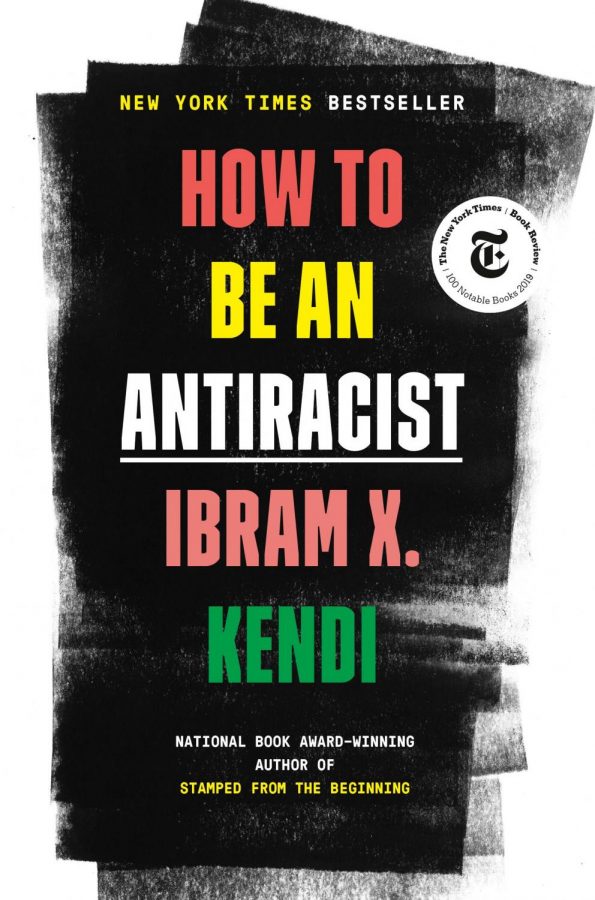Book Review: How to Be an Anti-Racist
Ibram X. Kendi’s book How to Be an Anti-Racist is a manual on how to fight racism when and where we don’t realize it exists. Kendi pushes people to realize that not being racist is not enough, that instead we have to be anti-racist.
Kendi is a historian and leader in researching the antiracist ideal. He has written several essays, a few books, and even a children’s storybook on antiracism. He is a professor in the Humanities department of Boston University and the founder of the Boston University Center for Antiracist Research.
In How to Be an Anti-Racist, Kendi provides anecdotes from his time as a teenager to show moments of injustice and when society’s racist ideas affected him. He addresses the problem of prejudices being learned from previous generations and how they affect our actions and our words. These ideas are analyzed through the subjects of power, biology, ethnicity, and culture.
New terms are defined at the beginning of every chapter through Kendi’s own stories. His experiences are what allows him to establish the definitions and concepts that follow his terms. Kendi’s narrative allows readers to weave through many injustices seen in the United States from 1980 and onward. Acting as a model for social justice workers, through How to Be an Anti-Racist, Kendi assesses his past thoughts and compares them to his present thoughts, which allows for growth of him, and pushes the readers to grow as well.
Kendi’s book is a simple read. It’s a textbook style analysis of the policies and attitudes that target black people through problems in society. Through his writing, Kendi shows how the roots of these problems are clear.
How to Be an Anti-Racist has become a go-to book this year. With the killing of George Floyd on May 25, many people are picking up this book to learn how they can help fix the racial divide in our country. The book opens a vital dialogue on race and, though it may be an uncomfortable one, it’s necessary. Like Kendi suggests, we can’t stand in the middle and claim to not be racist and provide no action to back up our claim. We can either be racist or anti-racist.











